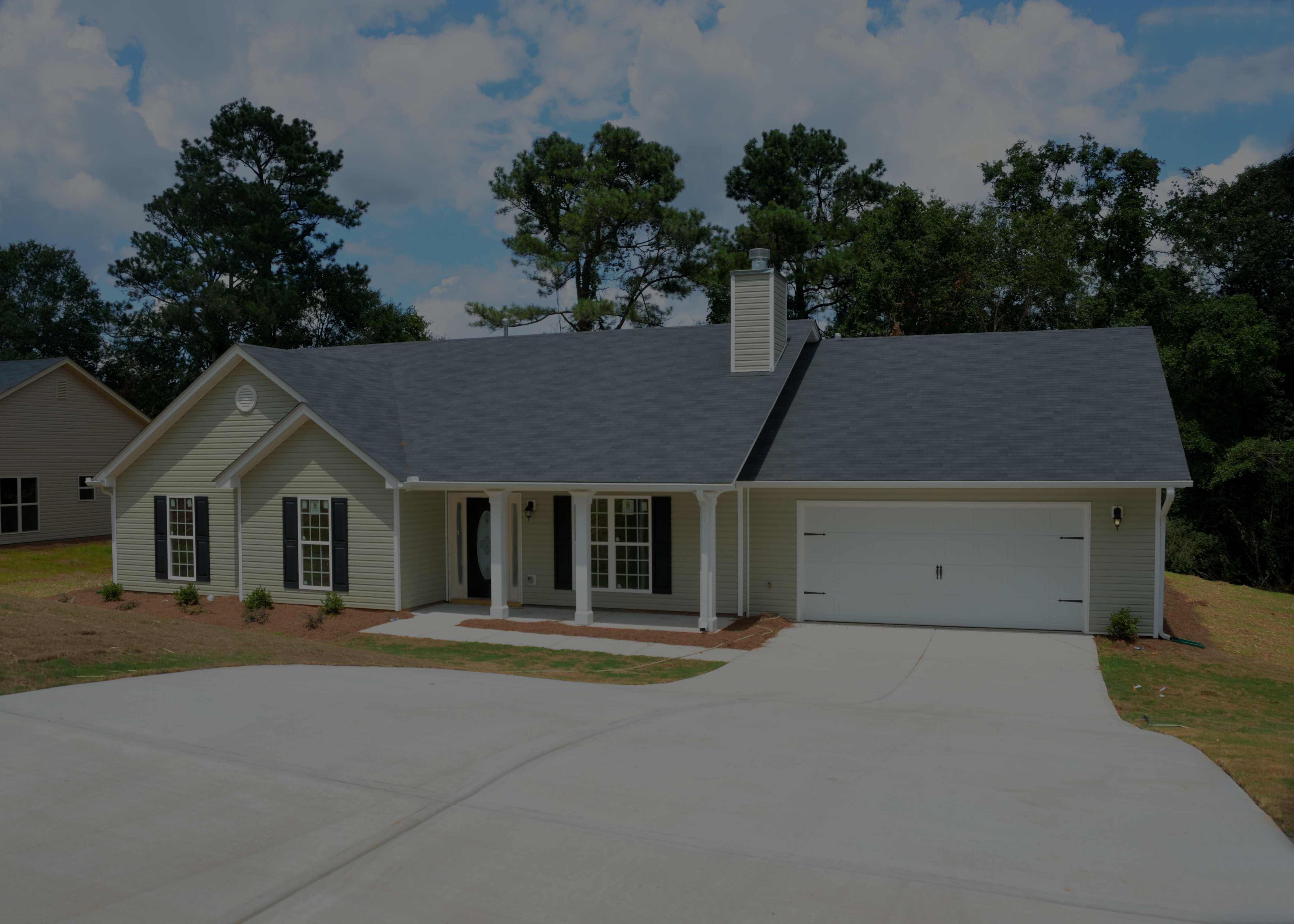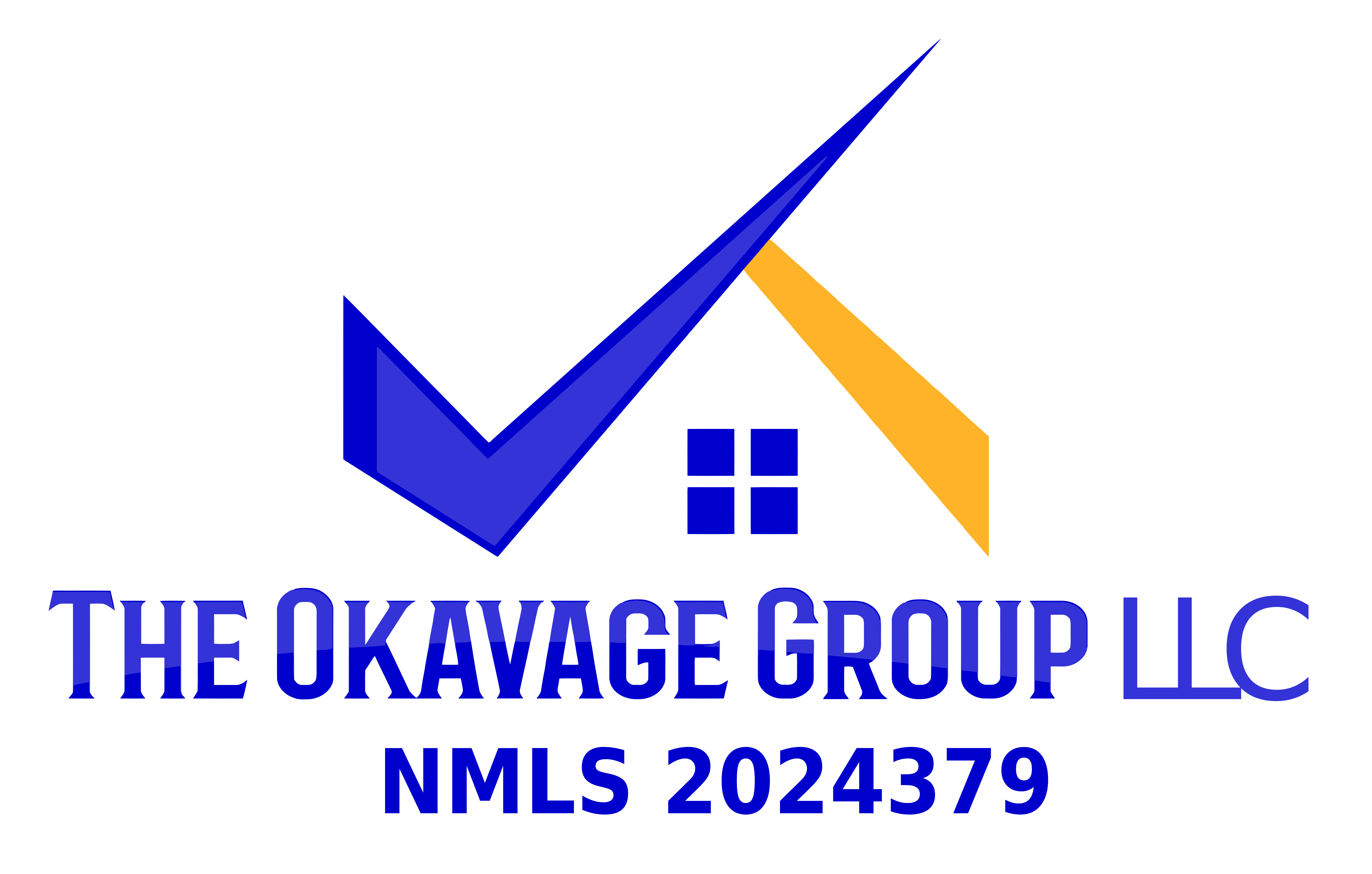Conventional mortgages do not have any guarantee backing them up from any U.S. federal government supported entity. Without governmental guarantees, lenders that offer conventional mortgages take the risk that the borrower might default on the loan. Conventional mortgages may require mortgage insurance because without this insurance the only recourse a lender has with a conventional mortgage is to foreclose on the property.
Down Payments for Conventional Mortgages
A conventional loan with less than 20% down payment usually requires the borrower to have mortgage insurance. This means that in order to get the best deal most people put down 20% or more when they get a conventional loan. However, there are loans available for those who qualify, with low down payments of 3% or 5% as long as the borrower is willing to pay for mortgage insurance.


Variety of Conventional Home Loans Offered
Conventional loans are offered in a wider variety than government-guaranteed loans. There is a choice between fixed and variable interest rates. Other things to consider are prepayment penalties, rate caps, rate locks, interest-only loans, and balloon payments. By working with the professionals at the OKavage Group, a conventional loan with the parameters desired can be sought.
Credit History Requirements for Conventional Loans
Conventional lenders may require the borrower to have a good credit rating (620+ FICO score) and may refuse to make loans to those with a poor credit history (FICO score of 580 or less).
For those with an excellent credit rating (720+ FICO score), who can put down a substantial down payment (20% or more), a conventional loan might be a better deal than an FHA loan because they will not have to pay for mortgage insurance. No matter what credit rating a person has, they must pay for mortgage insurance to get the FHA loan. Even if the interest cost of the FHA loan is lower when the cost of the mortgage insurance is added the total cost of the FHA loan may exceed the cost of a conventional loan.


Debt-to-Income Ratio for a Conventional Loan
For a conventional loan, the total of the monthly expenses should not exceed 43% of the monthly income. It is better if this ratio is only 36% because a lower debt-to-income ratio conveys a better financial strength of the borrower.
Conventional Loans for Rental Property
Conventional loans are the only type available for those that want to purchase a home to use as rental property. Government-guaranteed loans are only available for those that occupy the home. Investors who buy a home to rent it out must use conventional mortgage financing.

By working with the professionals at the OKavage Group it is possible to create a loan comparison that shows the type of loan that is the best deal, depending on the different types of loans that a person may qualify for, the length of the loan, and the amount of the down payment. This is the best way to approach the decision about a conventional loan when comparing it with a loan that has a federal government guarantee.
